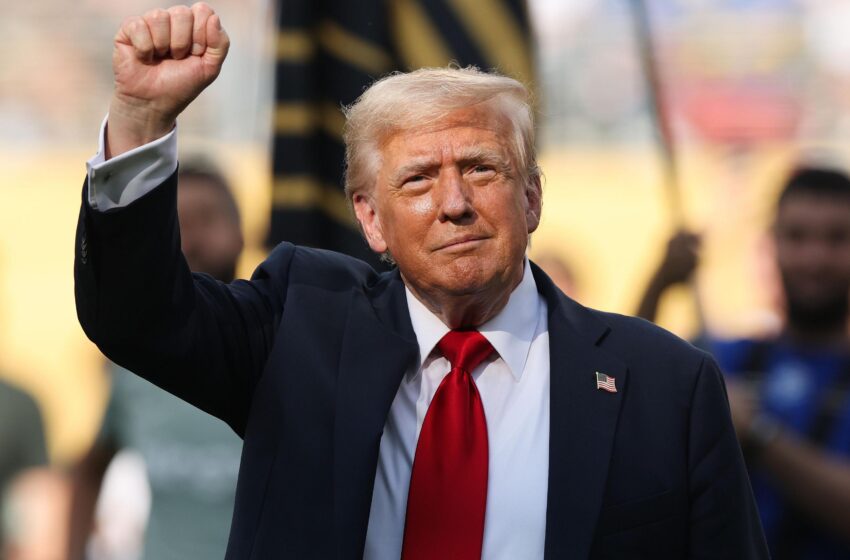Supreme Court backs Trump on immigration patrols in California — what to know

Donald Trump
The U.S. Supreme Court has sided with former President Donald Trump’s administration in a dispute over immigration enforcement practices in Southern California, allowing federal agents to continue patrols that lower courts had found likely unconstitutional.
In a brief order issued Monday, the justices granted Trump a significant legal victory, declining to block the use of what critics call “roving patrols” by Immigration and Customs Enforcement (ICE). These operations have faced challenges for allegedly targeting Latino communities — including U.S. citizens — without the “reasonable suspicion” the Fourth Amendment requires for such stops, CNN reported.
The unsigned order drew no explanation from the court’s majority but prompted sharp criticism from the three liberal justices. Justice Sonia Sotomayor, in a strongly worded dissent joined by Justices Elena Kagan and Ketanji Brown Jackson, said the decision enables federal officers to stop individuals based on ethnicity, language, or occupation. “We should not have to live in a country where the government can seize anyone who looks Latino, speaks Spanish, and appears to work a low-wage job,” she wrote.
The dispute stems from lawsuits over ICE’s actions in seven counties across Southern California. Federal courts in the region had earlier ruled that the patrols violated constitutional protections, with a U.S. district judge and the 9th Circuit Court of Appeals both siding against the Trump administration. Monday’s Supreme Court order effectively overturned those findings, granting immigration officials authority to resume the contested practices.
Homeland Security officials praised the ruling. Tricia McLaughlin, a spokesperson for the department, said the decision supports ongoing efforts to remove “murderers, rapists, gang members, and other criminal illegal aliens.”
Justice Brett Kavanaugh, writing separately in support of the majority, argued that while ethnicity alone cannot justify a stop, it can be considered alongside other factors. He stressed that agents are permitted only to briefly question individuals about their immigration status if reasonable suspicion exists.
Civil rights groups expressed alarm at the ruling. The American Civil Liberties Union warned that it could embolden immigration agents to target people indiscriminately. Cecillia Wang, the ACLU’s national legal director, said the decision risks creating a “papers please” environment in which Latino residents face heightened fear of detention.
The ruling is one of nearly two dozen emergency requests the Trump administration has brought before the Supreme Court since the beginning of his second term. Many of those petitions, like this one, involve controversial immigration policies that have drawn fierce opposition from immigrant advocates and legal scholars.
Sotomayor’s dissent underscored a broader concern about the court’s handling of emergency appeals, criticizing the majority for failing to provide a detailed explanation. She warned that the justices’ growing reliance on such “shadow docket” rulings threatens transparency and accountability in cases with sweeping national consequences.

